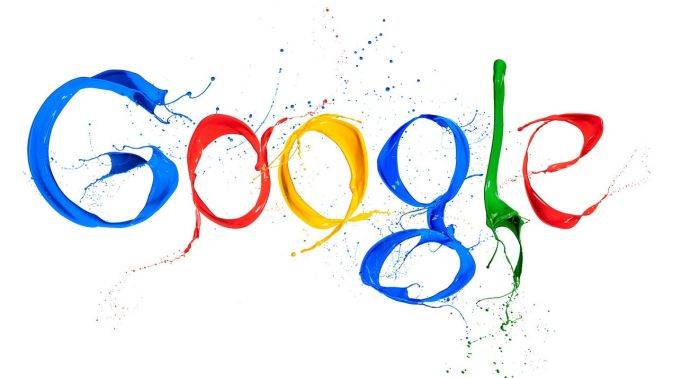Google is the world’s most famous search engine. Google’s mission is to “organize the world’s information and make it universally accessible and useful.” The major portion of Google’s profit is through its highly successful program AdWords, which provides advertisers advertising space for related searches. AdWords is a program that helps companies to advertise and promote their products or services on Google’s websites. The program works by providing highly relevant ads and suggestions to third party users when they enter keywords and various related searches into the Google search engine. The Google AdWord policy permits advertisers other than the brand owner and its authorized licensees “to include the trademark in the advertisement’s text if they are reselling legitimate products bearing the trademark or if they sell components, replacement parts, or compatible products corresponding to the trademark or even if they provide non-competitive information about the goods or services corresponding to the trademark term.
The case between Rosetta Stone Ltd and Google Inc was filed on 10th July, 2009 in the District Court for the Eastern District of Virginia in the USA. The crux of the case was whether Google was helping third party advertisers to mislead consumers and misappropriate Rosetta Stone’s trademarks by using the trademarks as keyword triggers for paid advertisements and within the title and text of paid advertisements on Google’s website.
The Plaintiff, Rosetta Stone is a tech-based company which helps people learn languages. It provides customers with products and services that help them to learn a new language. The company based out of Virginia in 1992, is now the leading language education company in USA. Rosetta Stone has several registered trademarks (ROSETTA STONE, ROSETTA STONE LANGUAGE LEARNING SUCCESS, ROSETTASTONE.COM, and ROSETTA WORLD) and has been active in advertising their product using these marks though various media outlets.
In the present case, Rosetta Stone had to establish the following requirements:
- Ownership of a validity of legally protected trademark (ROSETTA STONE, ROSETTA STONE LANGUAGE LEARNING SUCCESS, ROSETTASTONE.COM, and ROSETTA WORLD)
- Google used the Trademark in commerce in connection with the sale or advertising of goods or services without their consent
- The use was likely to cause confusion as to the affiliation, connection, or association of Google with Rosetta
- The actual consumer confusion was taking place
Few other areas of trademark law that are analyzed in this case are the functionality doctrine, contributory trademark infringement, vicarious trademark infringement, and trademark dilution under the Lanham Act.
At summary judgment, the Court held that Google’s intent in providing third party advertisers the chance to bid on the Rosetta Stone marks did not violate the Lanham Act. The Court found that there was no actual confusion due to the lack of strong evidence offered by Rosetta Stone, for actual confusion. The evidence presented was testimonies of five persons out of more than 100,000 surveys taken over six years which was de minimus. Google also provided evidence to counter the Plaintiff’s claim by showing that all the five people who purchased the language software did so with the knowledge that they were not purchasing Rosetta Stone products.
Lastly, the Court explained that potential buyers of the products could be considered for the scope of confusion as, a customer that is trying to learn a new language through Rosetta Stone products would research the products which are expensive and require informed decisions to be taken. Therefore, after analyzing the three sub-factors, the Court held Google’s use of Rosetta’s marks as not amounting to direct infringement.
The Court’s analysis on the functionality aspect, found that the method by which Google used the trademarked terms and keywords as adwords was functional and therefore the functionality doctrine prevented the Court from finding infringement. The Court could not find Google liable for contributory infringement as it could not be proved whether Google had knowledge of the same. The Court did not find Google liable for trademark dilution because there was no evidence that showed Google used the Rosetta Stone marks to identify its own goods and services. The Court stated that since Google does not sell language learning software it cannot be held liable for trademark dilution. The Court granted summary judgment to Google on all four counts.
On appeal to the Court of Appeals for the 4th Circuit, the Court of Appeals upheld the district court’s order with respect to vicarious infringement, but differed with the district court’s order on direct infringement, contributory infringement and dilution claims and ordered these claims to proceed to further proceedings.
However in October 2012, according to a filing in the U.S. District Court in Alexandria, Virginia both companies have agreed to come to a settlement agreement on all the claims and subsequently dismiss the case, although Rosetta Stone’s appeal decision allowed the claims to proceed further. The terms of the settlement have not been disclosed.
Authored by Ryan Mendonca
Contributed by Trade mark Attorneys of BananaIP, India
For information on Trade mark law in India, write to [email protected]



